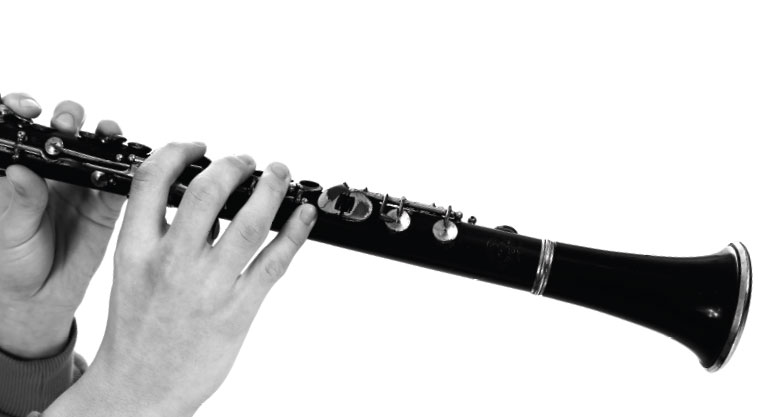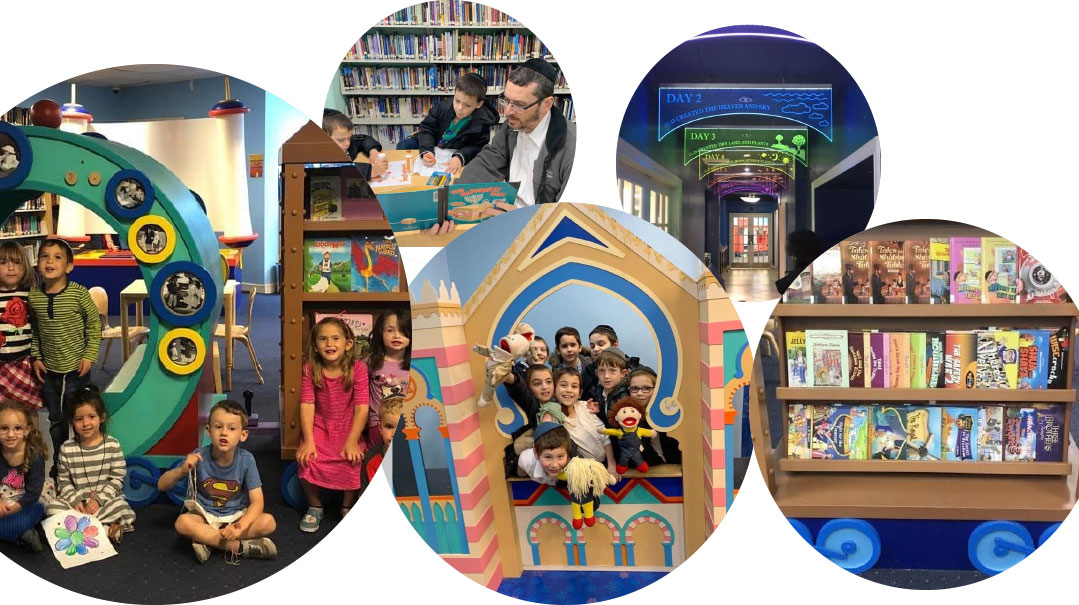Dreamscapes: The Clarinet Player


As told to Elisheva Appel by Rivki Silver
Name
Rivki Silver
Dream
Play clarinet in a classical orchestra
Location
Cleveland, OH
I grew up in the Midwest, in a typical, upper-middle-class WASP-y family.
We had a piano in our living room, left behind by the home’s previous owners, but my parents are totally non-musical. No rhythm at all. When I came home from public school one day in second grade with a note saying I’d aced a musical aptitude test, my parents were sure they’d given the note to the wrong kid. But they went with it. Couldn’t hurt to sign me up for piano lessons, right?
Turned out, I did have musical aptitude. I started with piano, then in fifth grade started clarinet. My love for music took off from there. I joined every possible musical extracurricular activity — youth orchestra, marching band, voice lessons, you name it. Eventually, I got a musical scholarship to college, this tiny little school you’ve never heard of unless you live in Missouri or Iowa.
Through some surprising twists of Hashgachah, my life took a detour when, post-college, I discovered Judaism, converted, and found myself in Neve Yerushalayim. My clarinet came with me, of course; it was an extension of myself. But it stayed in its case.
I was talking to a teacher, Rabbi Moshe Chalkowski, and mentioned that I know how to play. He asked me, in his mildly intimidating British accent, “Well, are you practicing every day?”
“Um, of course not,” I told him.
“Why not?”
“Because I’m here to study Torah, you know?”
He shook his head and told me sternly, “You girls can’t come and become religious and just leave everything behind! You have to practice every day!”
I was like, “Yes, sir!”
That exchange made a huge impression on me. For whatever reason, Hashem had chosen this trajectory for me; to be frum but also to have this obscure talent, and I had to find a way to use it.
Since that conversation, I’ve had many musical opportunities, like the time I taught clarinet and saxophone in Bnei Brak. (My Hebrew is so bad that there was a lot of gesturing. Music is a universal language, but still....)
Back in America and married, I lived in Cleveland, where I had no musical connections and no outlets. It was frustrating, but my family was growing, which has a way of keeping you busy.
I grabbed whatever opportunity I could to play, like the Neshei play, a women’s music group, or a last-minute NCSY Havdalah event.
These occasions scratched my itch to perform, but at the same time, I felt like I was between worlds. I have an extensive classical background, and these women liked music, but we didn’t talk the same musical language. I tried not to be a snob, but I felt as though I was missing part of myself. That’s the strange thing about making a drastic life change — there’s always this disconnect between past and present.
Cleveland’s a town that’s big on classical music, so I signed up for lessons in a local conservatory. Finding a nonexistent free hour every day to practice was really hard, what with juggling childcare and all. My husband kept me on track. He reminded me that this is something that gives me chiyus, and I should go out, meet people, and be an ambassador for Torah.
It was through my secular Israeli clarinet teacher that I heard about an opening in the Cleveland Women’s Orchestra. Just for women! It’s 85 years old, a relic of a more traditional time. And they don’t play any Shabbos concerts.
I auditioned and landed the position.
(Excerpted from Family First, Issue 617)
Oops! We could not locate your form.













